Introduction: Healthcare IT project management is a critical process that ensures the successful planning, execution, and delivery of healthcare technology solutions. Healthcare organizations rely on IT project managers to oversee projects and ensure that they are completed on time, within budget, and with the desired quality. In this blog post, we will discuss the best practices for healthcare IT project management to ensure the success of your projects.
Section 1: The Importance of Healthcare IT Project Management
- Overview of healthcare IT project management
- Why healthcare IT project management is important
- The role of the healthcare IT project manager
- The benefits of effective healthcare IT project management
Section 2: Key Elements of Healthcare IT Project Management
- Defining project goals and objectives
- Creating a project plan
- Identifying project stakeholders
- Risk assessment and mitigation
- Communication planning
- Project monitoring and control
Section 3: Best Practices for Healthcare IT Project Management
- Engage stakeholders early and often
- Use agile project management methodologies
- Utilize project management tools and software
- Focus on change management
- Build in contingency plans
- Ensure project scope is realistic
- Establish a clear communication plan
- Regularly monitor project progress
- Provide regular status updates
Section 4: Healthcare IT Project Management Challenges and How to Overcome Them
- Budget constraints
- Resource constraints
- Project scope creep
- Resistance to change
- Ensuring project quality
Section 5: Conclusion: Ensuring Successful Healthcare IT Project Management
- Recap of the importance of healthcare IT project management
- Summary of key best practices for healthcare IT project management
- Final thoughts on healthcare IT project management
The Importance of Healthcare IT Project Management
Overview of Healthcare IT Project Management: Healthcare IT project management is the process of planning, executing, and controlling the development and implementation of healthcare technology solutions. This can include electronic health record (EHR) systems, telemedicine platforms, medical device integration, and other healthcare-related technology initiatives.
Why Healthcare IT Project Management is Important: Effective healthcare IT project management is critical for the successful implementation of technology solutions in healthcare organizations. It ensures that projects are completed on time, within budget, and with the desired quality. It also helps to mitigate risks and ensure that project stakeholders are engaged throughout the process.
The Role of the Healthcare IT Project Manager: The healthcare IT project manager is responsible for overseeing the entire project from start to finish. They are responsible for ensuring that the project is completed on time, within budget, and with the desired quality. They work closely with stakeholders to ensure that project goals and objectives are clearly defined and that all stakeholders are engaged throughout the project.
The Benefits of Effective Healthcare IT Project Management: Effective healthcare IT project management can result in several benefits for healthcare organizations, including:
- Increased efficiency and productivity
- Improved patient care and outcomes
- Reduced costs
- Enhanced collaboration among stakeholders
- Reduced risk of project failure
Key Elements of Healthcare IT Project Management
Defining Project Goals and Objectives: Defining clear project goals and objectives is critical for the success of any healthcare IT project. This involves identifying what the project will accomplish and what specific outcomes are desired.
Creating a Project Plan: Creating a project plan involves defining the scope of the project, developing a timeline for completion, and identifying the resources needed to complete the project.
Identifying Project Stakeholders: Identifying project stakeholders is an important step in healthcare IT project management. This involves identifying all parties that will be impacted by the project, including patients, healthcare providers, IT staff, and other stakeholders.
Risk Assessment and Mitigation: Identifying and mitigating risks is an important part of healthcare IT project management.









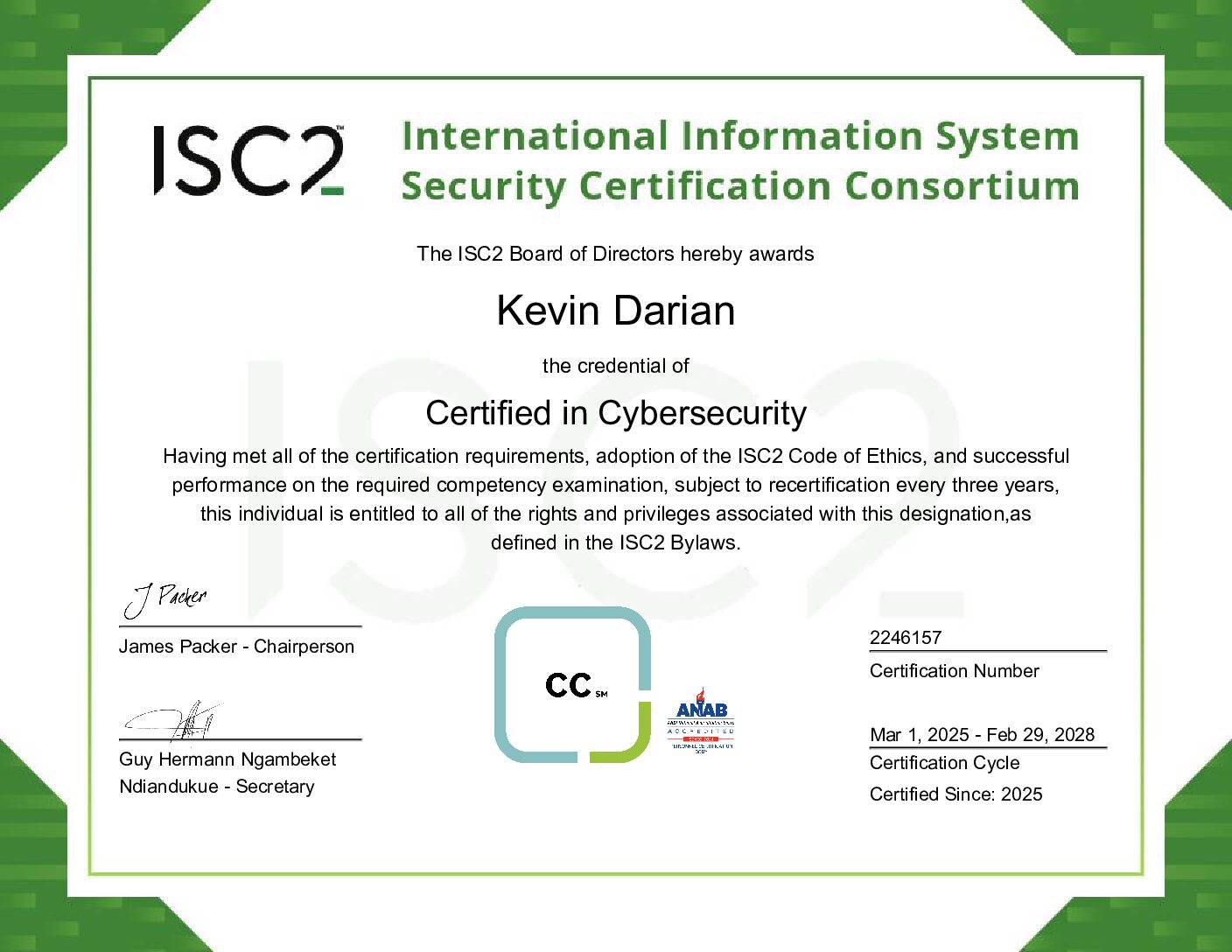
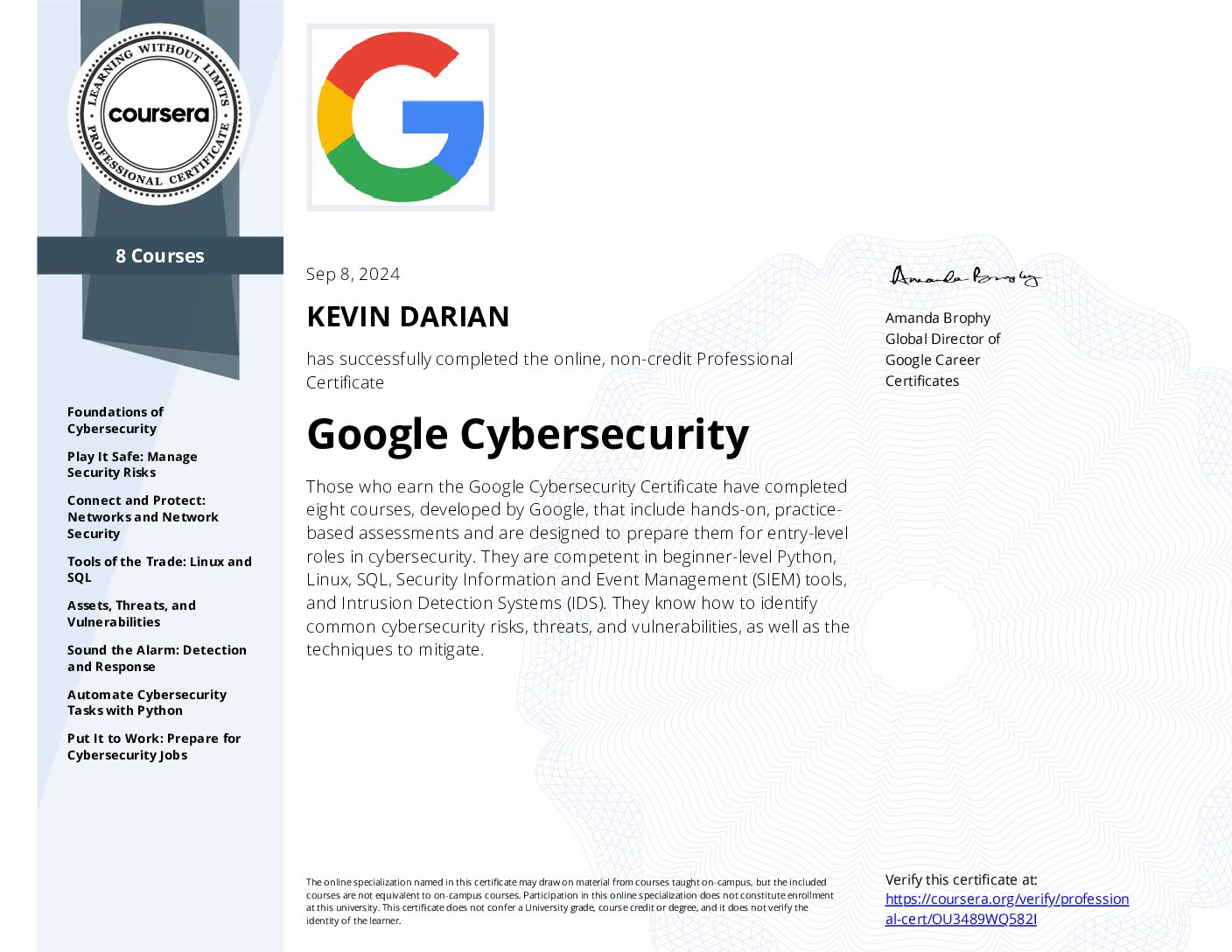

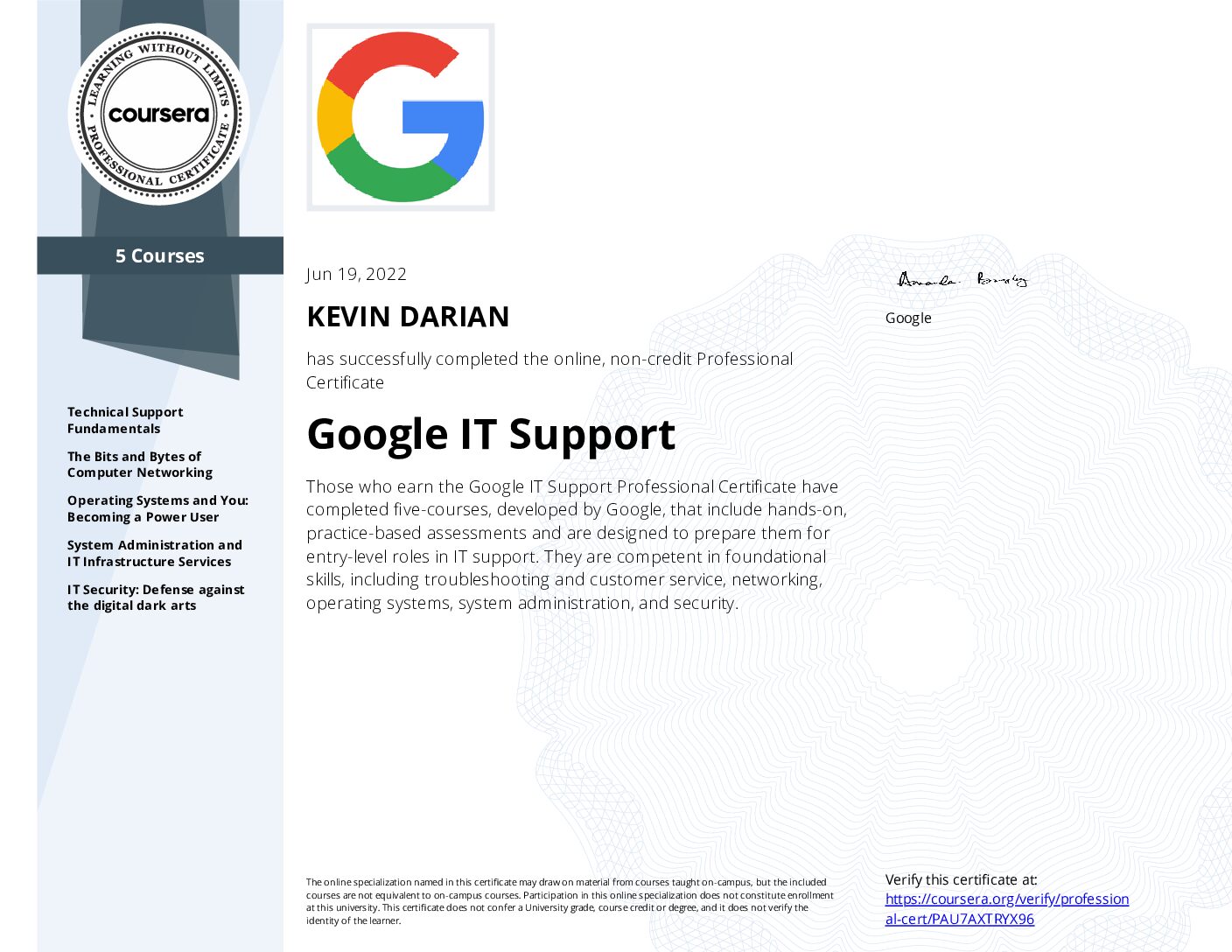
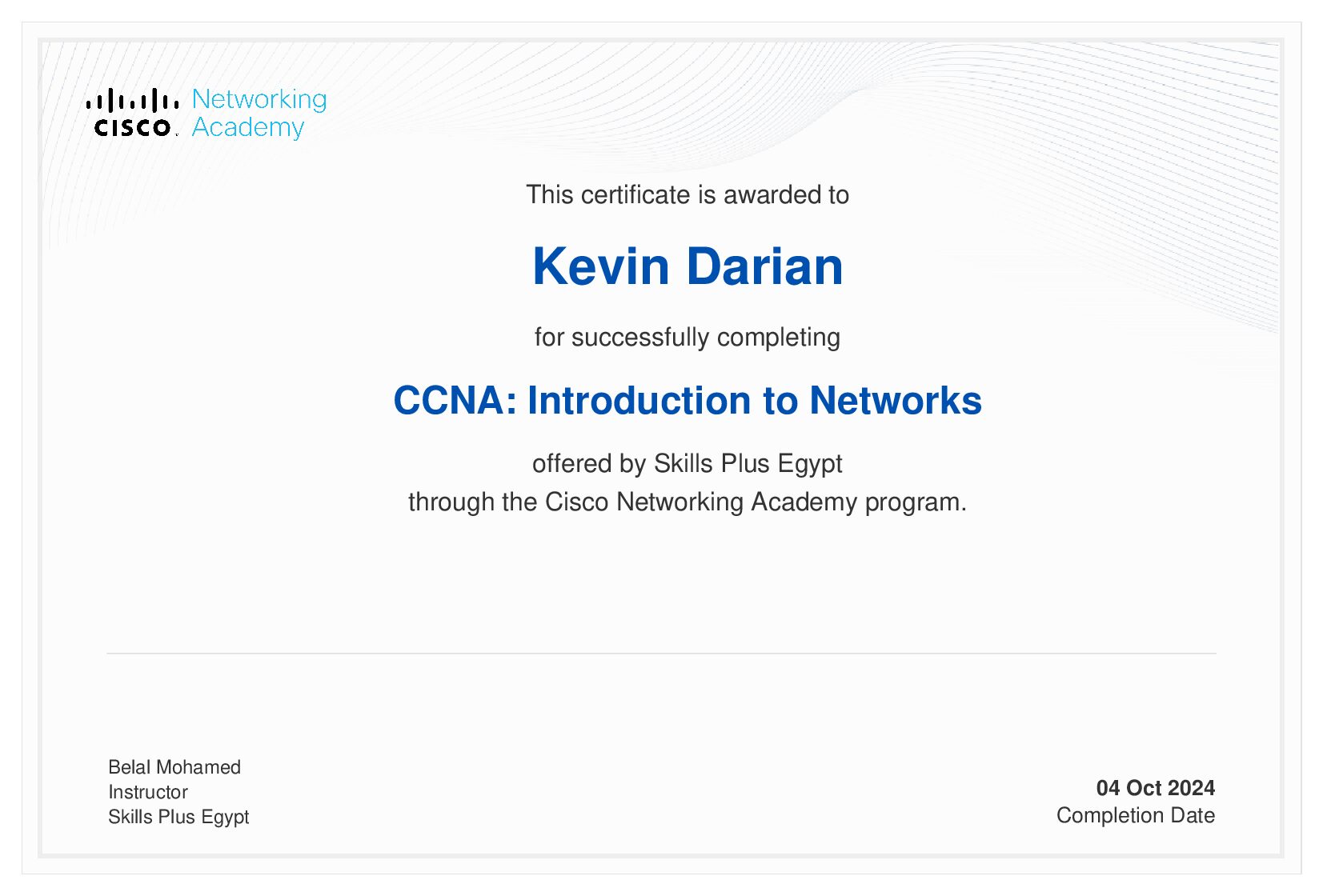
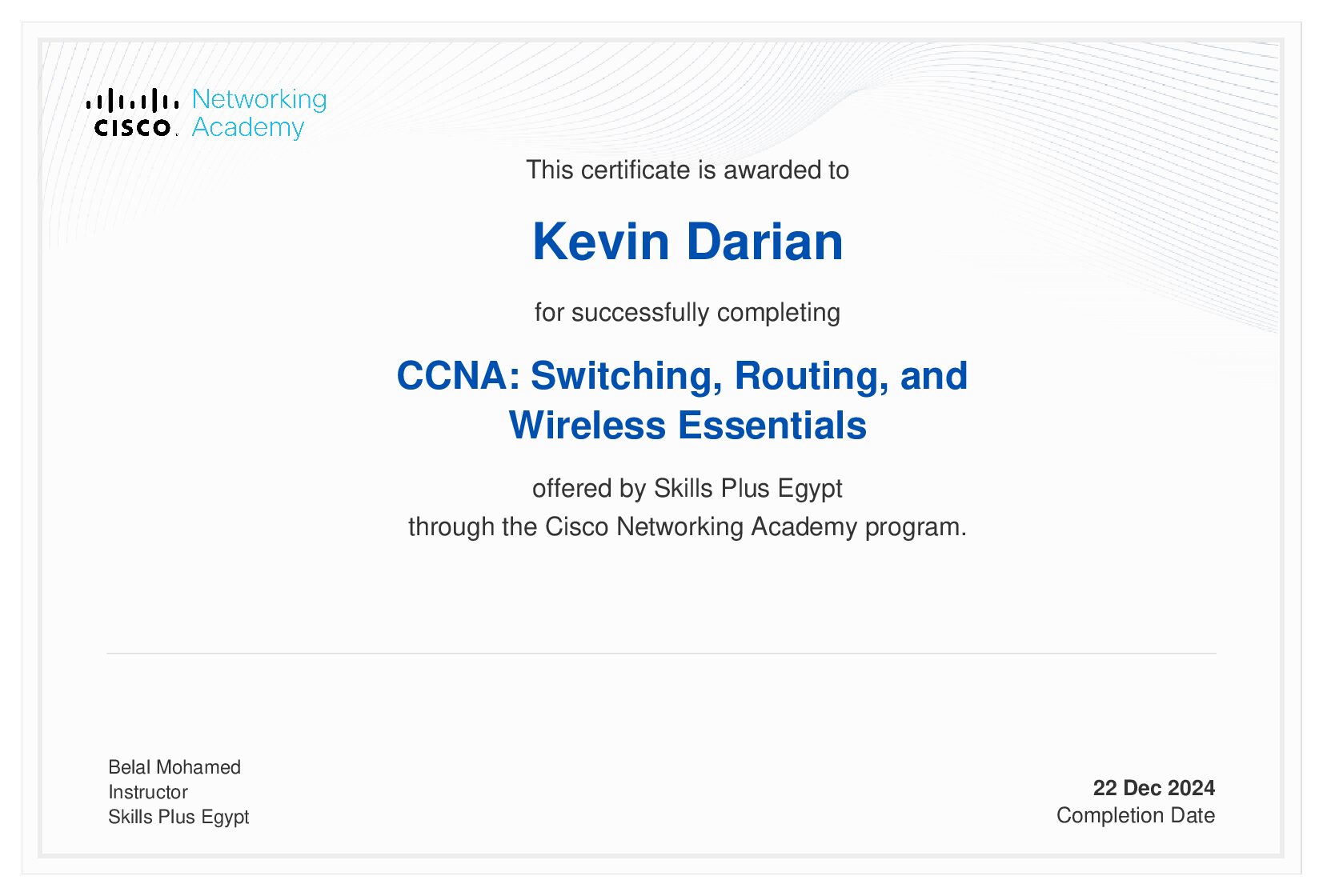
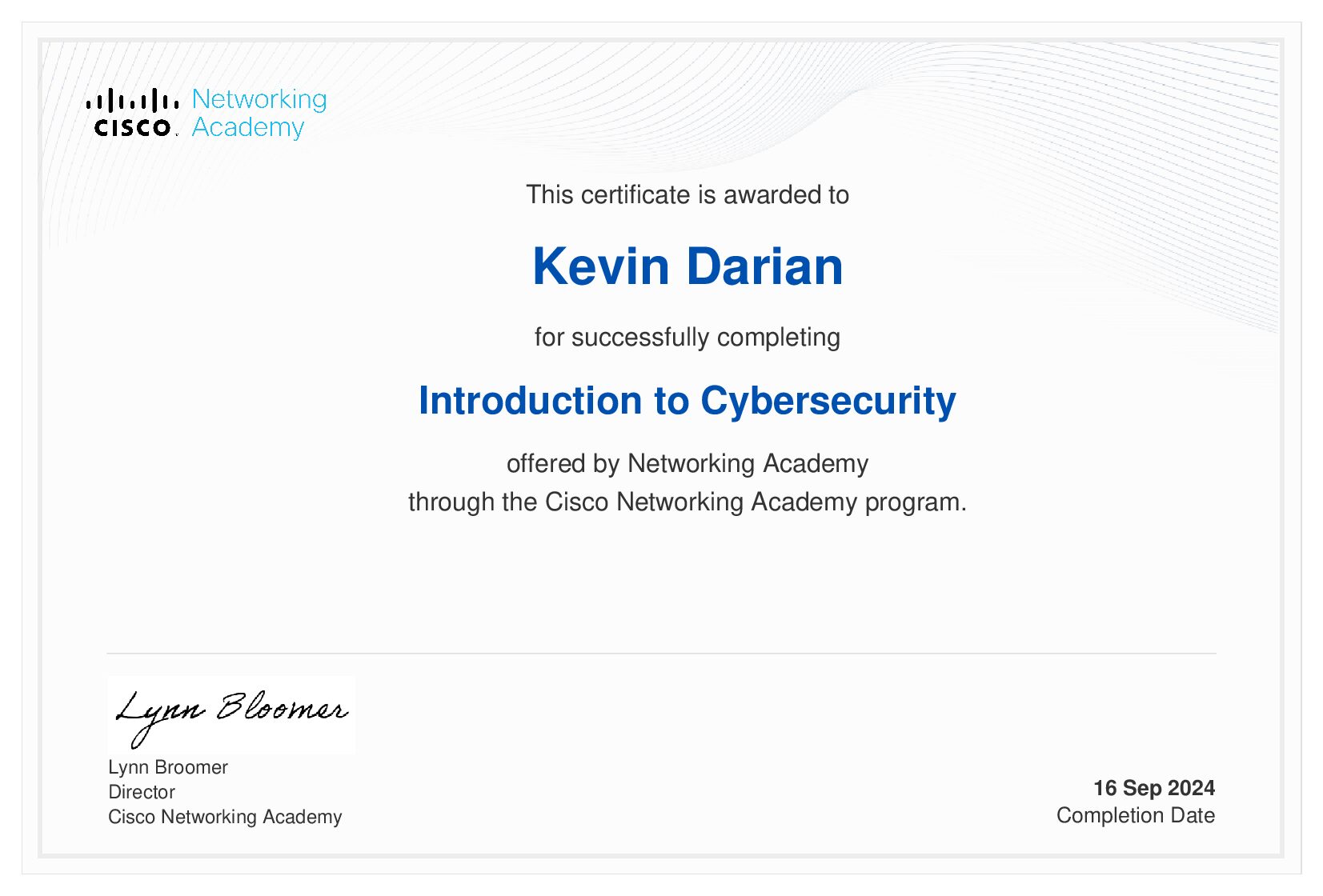
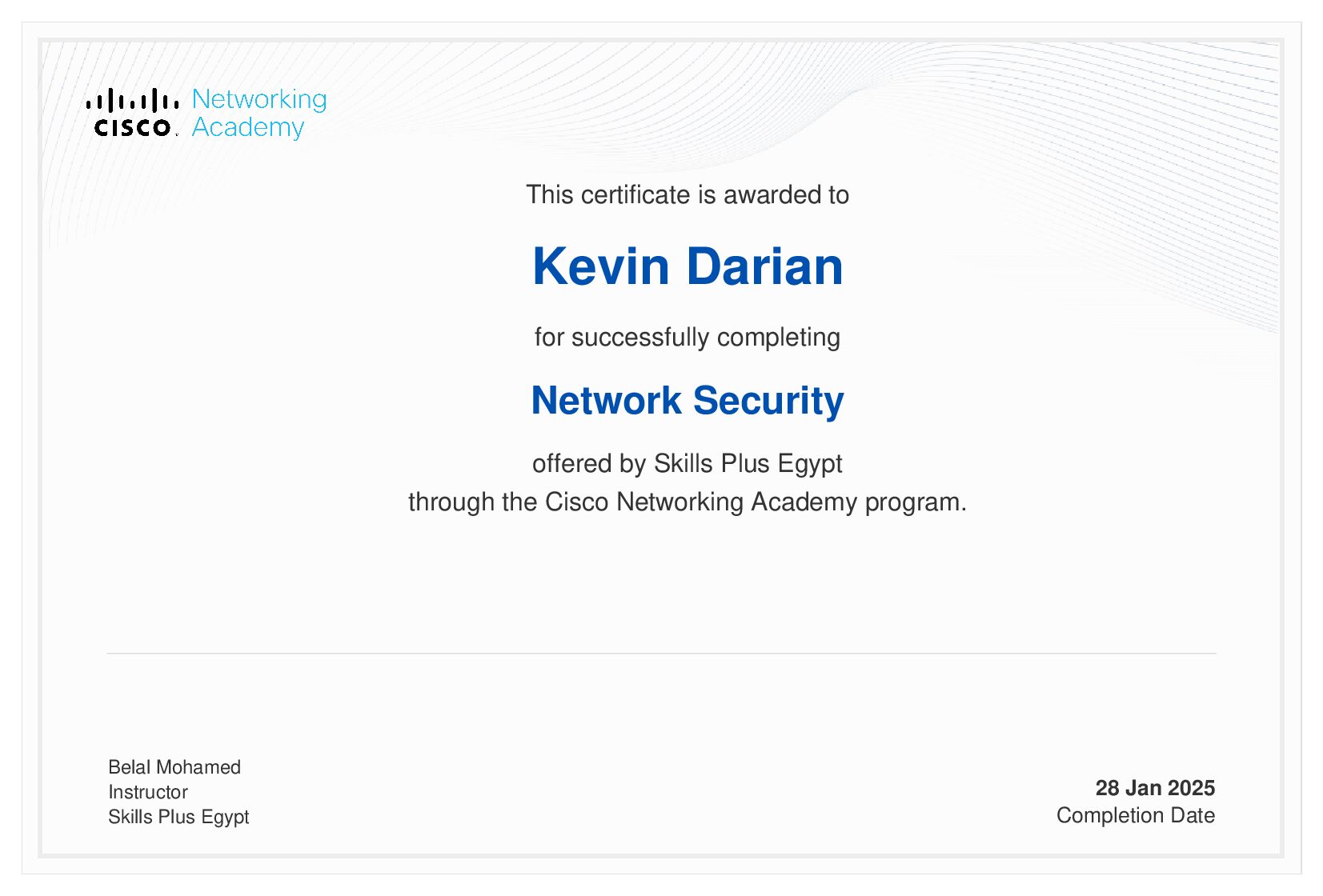






0 Comments